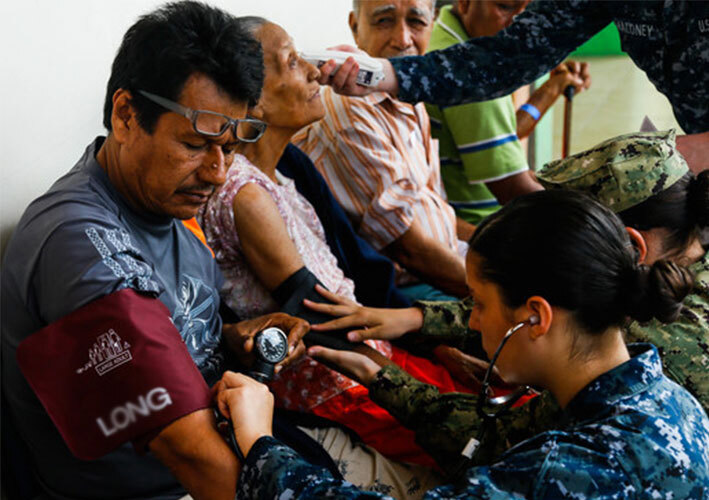Dec. 5 -At a reception of the Dec. 4-5 Sino-Japanese Entrepreneurs and Former High-level Officials Dialogue in Tokyo,Japanese Prime Minister Shinzo Abe, stressing the need for open economic activity across Asia, gave his approval for Japan’s participation in China’s One Belt, One Road initiative. He said:
“I believe Japan will be able to cooperate well with China, which has been putting forward its One Belt, One Road initiative” in a free and open Indo-Pacific region…. Meeting robust infrastructure demand in Asia through cooperation between Japan and China will contribute greatly to the prosperity of Asian people, in addition to the economic development of the two countries,” Kyodo News reported.
Abe’s willingness to participate in the Belt and Road was expected, following the appearance on Nov. 28 of an article in Japan’s {Yomiuri Shimbun} that the Abe government is considering supporting Japanese companies to carry out joint projects with the Chinese companies along the China-formulated One Belt, One Road economic project, for “improving Japan-China relations and obtaining China’s cooperation in hindering North Korea’s nuclear and missile development.” The article had also said that this emerged following a meeting between Prime Minister Shinzo Abe and Chinese President Xi Jinping during the July G20 summit in Germany. “During the meeting, Abe described the project as an ‘initiative with potential’ and expressed his willingness to cooperate,” the article wrote.
The third round of Sino-Japanese Entrepreneurs and Former High-level Officials dialogue, according to Xinhua, was attended by former Chinese Vice Premier Zeng Peiyan and former Japanese Prime Minister Yasuo Fukuda along with 70 business leaders.












